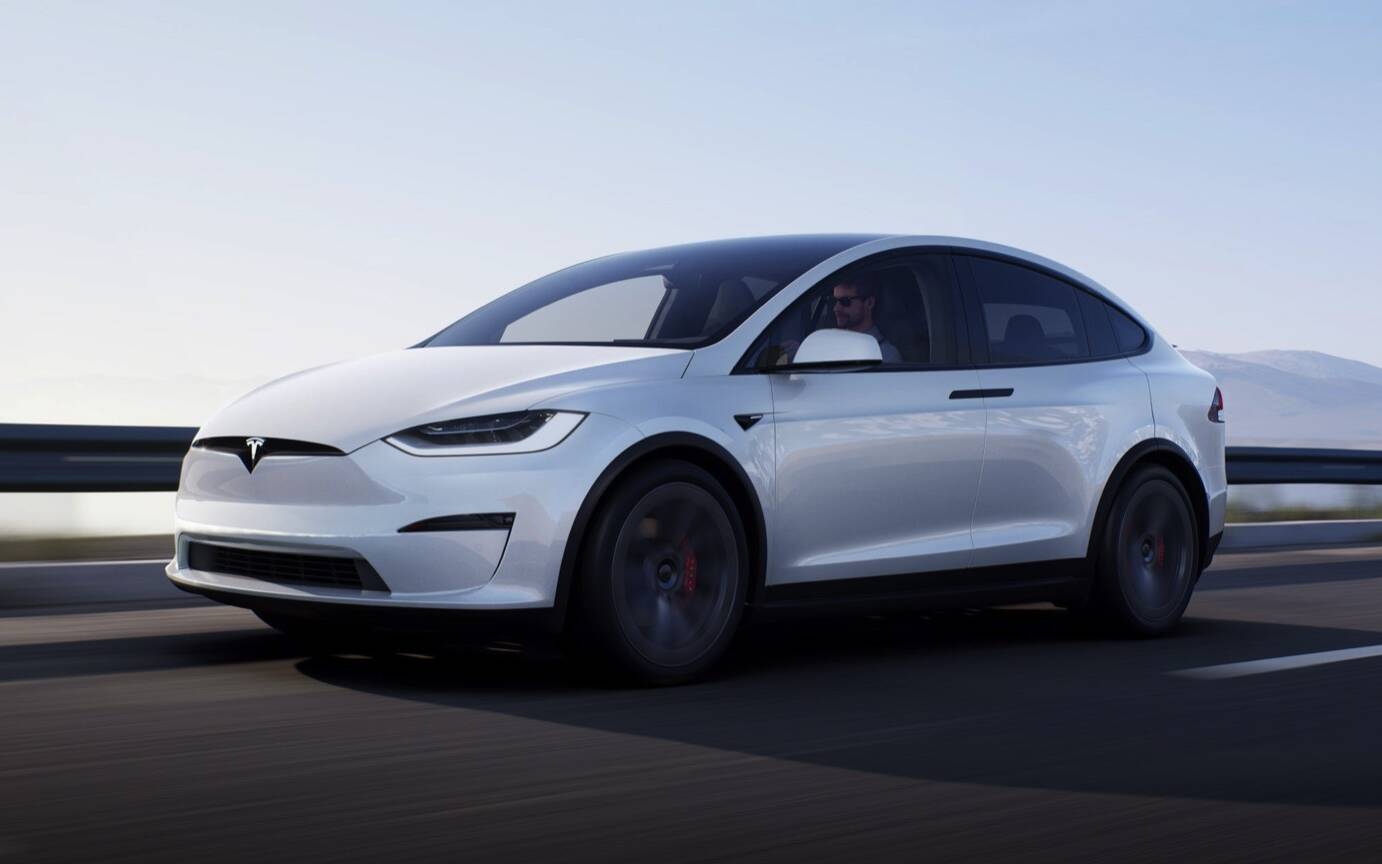EVs Are Less Reliable Than Regular Cars, Survey Says
Fact: electric vehicles require less maintenance than conventionally powered vehicles since they have fewer mobile parts and don’t use as many liquids. However, in many cases the technology is not quite fully mature yet resulting in more downtime.
Following a study by U.S. research firm We Predict that looked at EV maintenance and repair costs in the first few months of ownership, a survey by U.K. consumer group Which? draws similar conclusions when it comes to their reliability.
- Also: These Are the Most Satisfying EVs According to Owners
- Also: New Study Reveals Makes, Models With Lowest Service Costs
Over 48,000 people were surveyed about the vehicles they drive, and 39 percent of EV owners reported at least one problem that required a repair within the first four years of ownership, compared to just 19 percent of gasoline car owners, and 29 percent of diesel car owners.
The survey also highlights the time spent at the dealership or repair shop on average. The most commonly reported problems with EVs were software-related, which took up to five days to repair, compared with three days for gasoline cars and four days for diesels.
According to Which?, Tesla is the most trouble-prone EV brand with 39 percent of owners reporting at least one repair within the first four years of ownership. On the other hand, the Kia Niro EV is identified as the most reliable EV (6 percent).
“We know that drivers are keen to make the move to more environmentally friendly cars but it is vital that they are getting a quality product,” said Which? home products and services editor Lisa Barber. “With EVs in particular, our research shows a premium price tag does not necessarily mean a reliable vehicle, so we would always encourage drivers to do their research ahead of such a significant purchase to see which cars and brands they can trust.”
At a time when waiting lists for most EV models are extremely long due to limited production, a lot of consumers understandably feel pressured to act fast, but if that’s your case, you still need to do your homework. And remember that EV technology will keep improving in the years to come.








